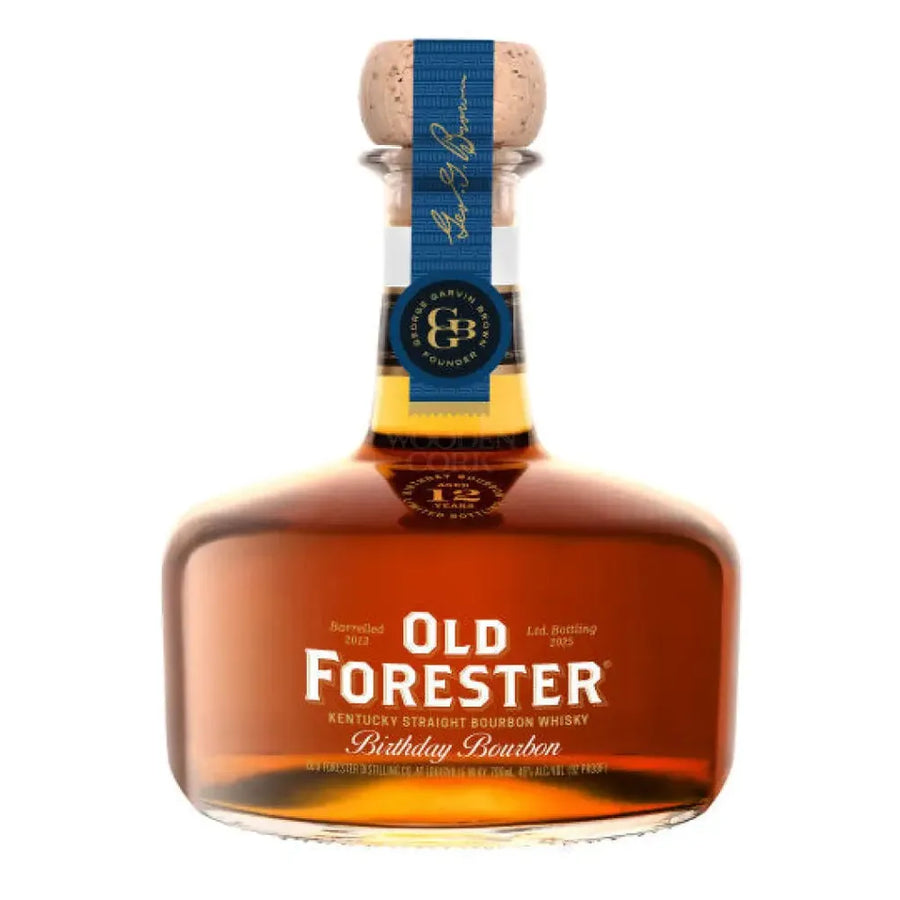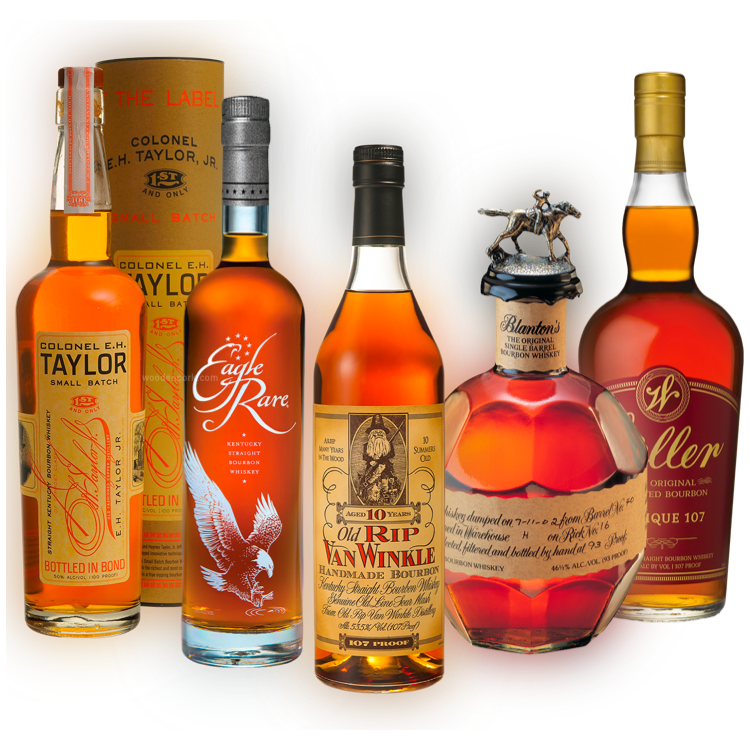Tim Etherington-Judge launches Avallen Calvados
Healthy Hospo founder Tim Etherington-Judge and wine and spirits specialist Stephanie Jordan have partnered to launch a new Calvados brand, called Avallen.
Avallen, which means ‘apple tree’ in the old Cornish language, has been created by the two former Diageo Reserve ambassadors to “reignite Calvados”, while also having a positive impact on the world’s bee populations. The new Calvados is made without the addition of sugar, caramel or boisé (a wood extract that can be used to add colour to Calvados) and has been aged in French oak barrels for two years. Avallen’s liquid is described as “fresh, fruity and proudly apple-forward”. Jordan said: “Avallen Calvados exists not only to promote the amazing native spirit of Northern France but also to give bartenders the opportunity to ‘pour with purpose’ and know that every drink served is contributing to improving biodiversity around the world.” As part of the brand's launch, Jordan and Etherington-Judge have developed a programme to help preserve bee populations around the world. Avallen’s ‘bee positive’ message will see them donate €0.50 (US$0.56) from the sale of each bottle to organisations dedicated to restoring and protecting bees, with the aim of planting more than 100,000 wild flowers over the next three years. Etherington-Judge said: “At Avallen Spirits we want to prove that a spirits brand can both be profitable and beneficial to our planet by raising awareness of the dramatic decline of the world’s bee population, and supporting projects and research to help protect the future of the most important of insects to our global food chain.” Bottled at 40% abv, Avallen Calvados will launch in May 2019 in select European markets, including the UK. Avallen Calvados is packaged in a bottle chosen for its “bartender friendliness”, which is also one of the lightest on the market in an attempt to reduce the brand’s environmental impact through shipping. The bottle’s label has been printed on recycled apple pulp paper. The remaining pulp is distributed to dairy farmers to feed their herds, and only uses sustainable dyes to minimise the impact on the environment.



